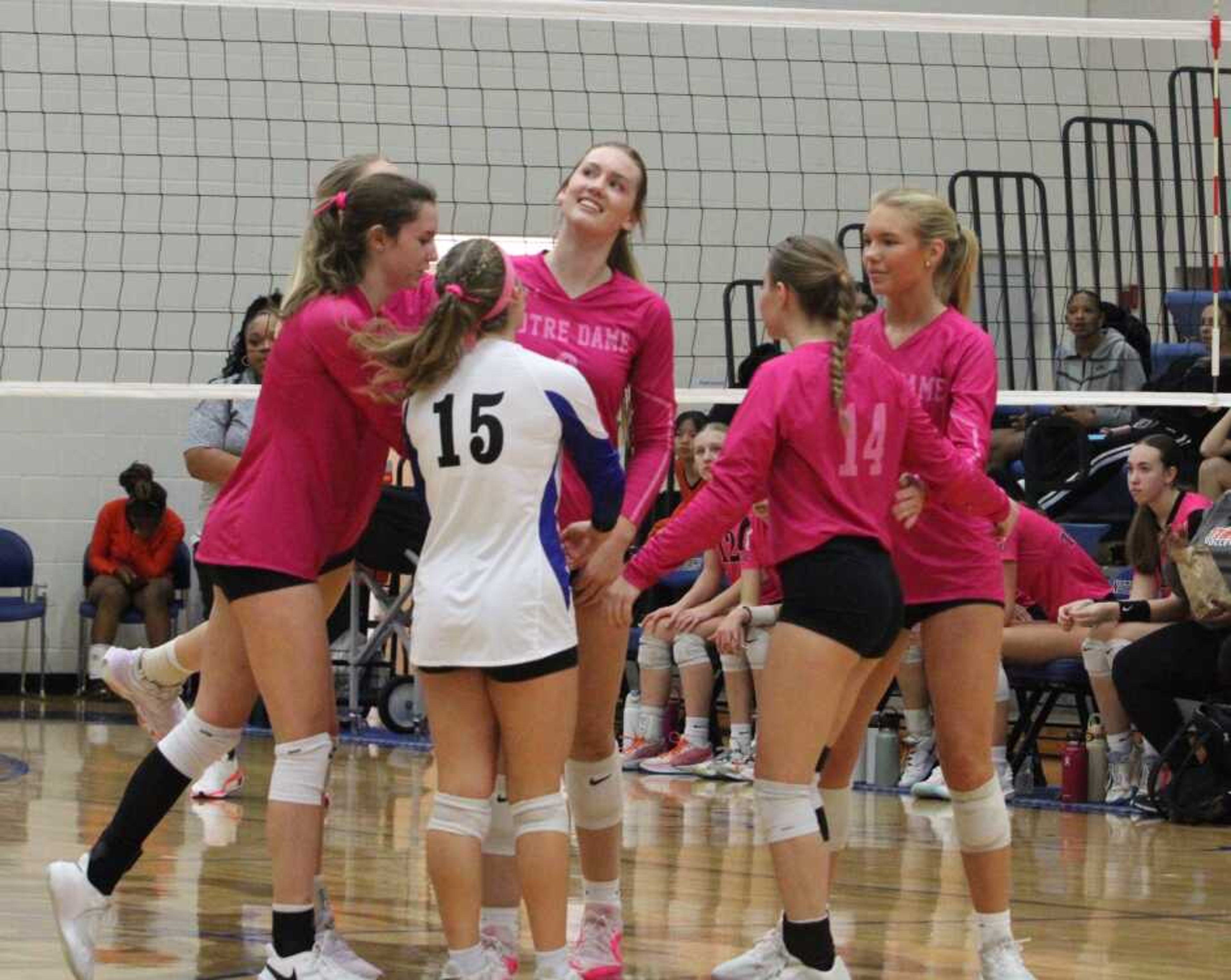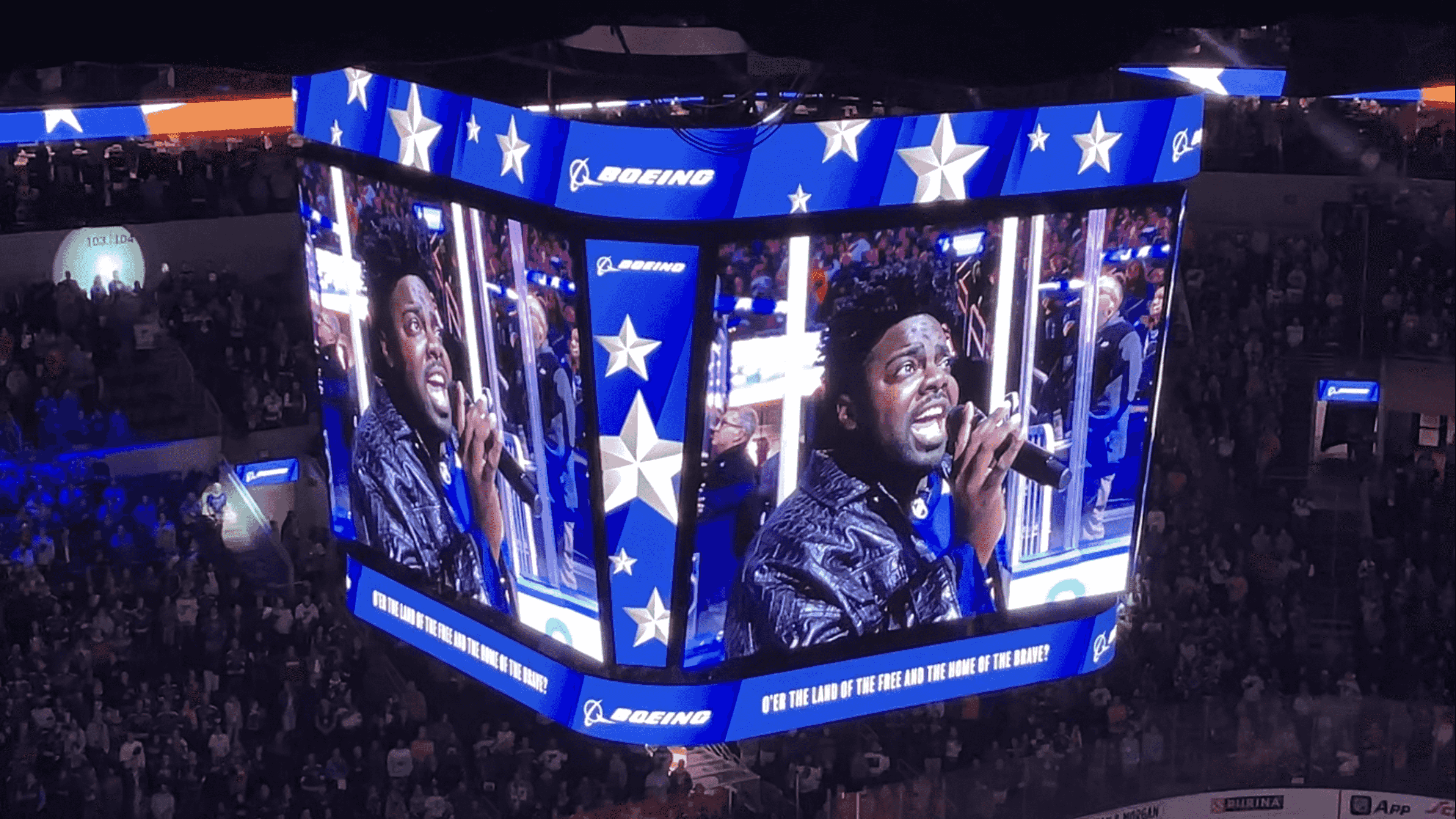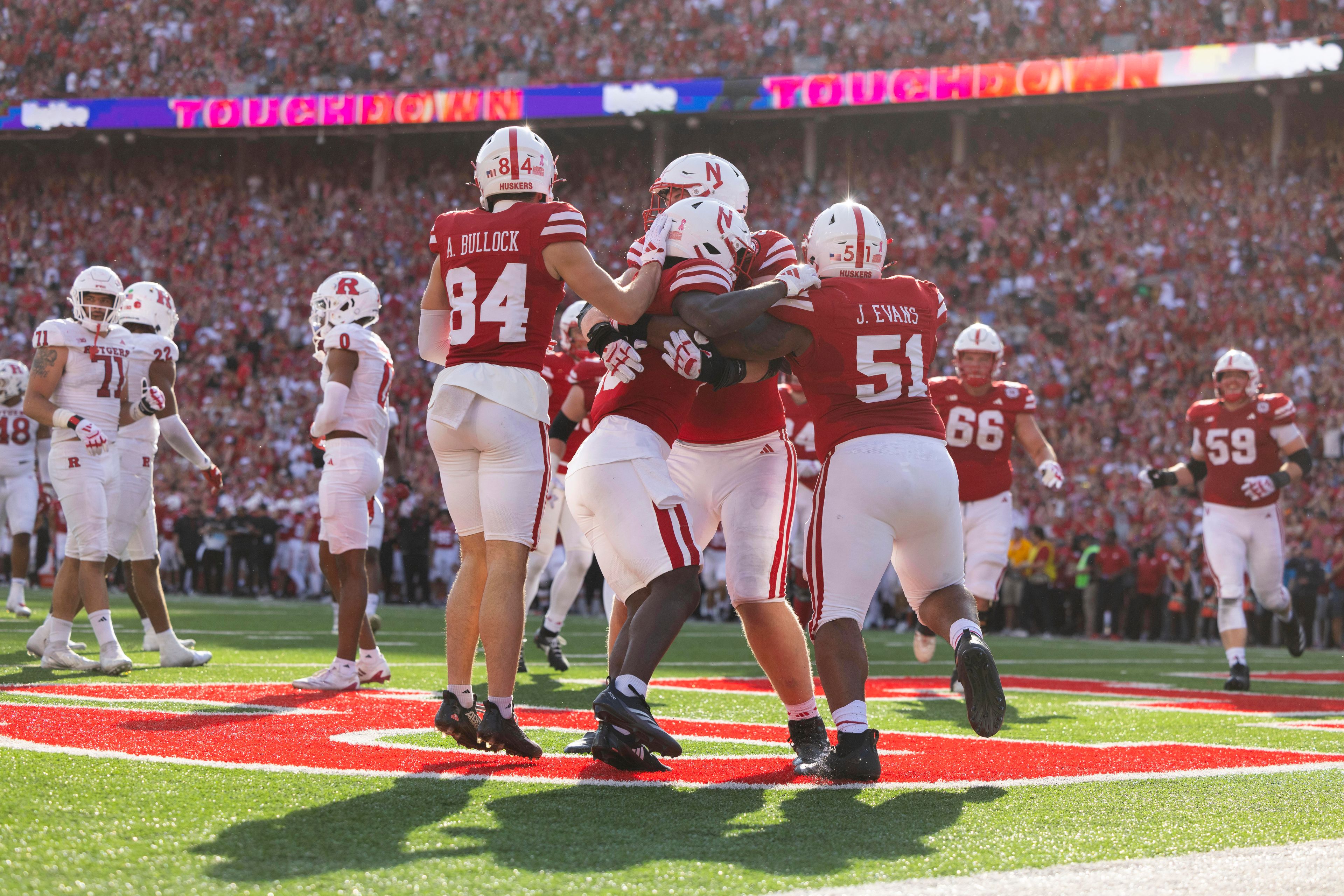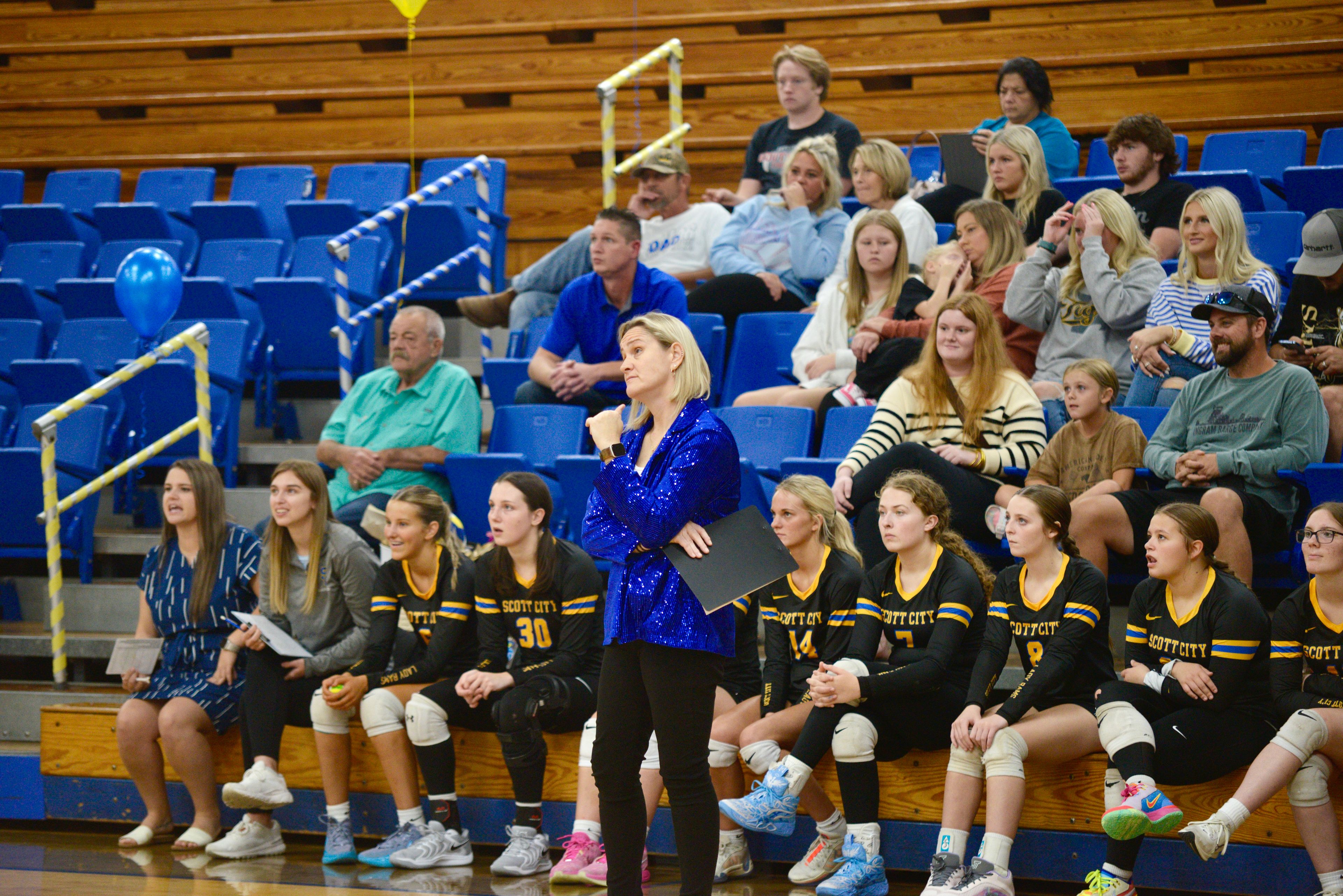Officials aim race changes at Armstrong
PARIS -- They're trying to "Lance-proof" the Tour de France. Saying they wanted no repeat of this summer's runaway victory by American Lance Armstrong, Tour officials on Thursday unveiled the 2002 route that is the shortest in history and designed to keep the outcome in the balance until the final stages...
PARIS -- They're trying to "Lance-proof" the Tour de France.
Saying they wanted no repeat of this summer's runaway victory by American Lance Armstrong, Tour officials on Thursday unveiled the 2002 route that is the shortest in history and designed to keep the outcome in the balance until the final stages.
The route covers 2,034.8 miles in 21 stages. In 1989, the shortest Tour totaled 2,036.7 miles. This year's race was 2,141.5 miles long.
Four of the six key mountain stages are scheduled for the last eight days next year, meaning there probably won't be a winner much before the cyclists finish in Paris on July 28.
Armstrong won this year with a week to go because of his domination in the mountains. It was his third straight victory in the world's premier cycling event.
"We were criticized because nothing happened in the final stages," said Tour director Jean-Marie Leblanc. "The suspense will be maintained as far as possible until the finish."
The 2002 Tour starts July 6 in Luxembourg and takes riders through Germany, the flat plains of northern France, the Pyrenees mountains, the southeastern Provence region and the Alps. There is one more mountain leg than last year.
The race finishes with the traditional ride down the Champs-Elysees in Paris, three days after a grueling mountain stage between Aime and Cluses in the Alps.
Other difficulties include a 136.7-mile stretch through Provence that ends with an exceptionally difficult climb up Mont Ventoux, one of cycling's toughest challenges. Armstrong finished second there in 2000, taking a big step toward his second title.
Mont Ventoux comes after two mountain stages in the Pyrenees and before three back-to-back Alpine stages, with a rest day in between. A 110.98-mile leg between Les Deux-Alpes and La Plagne will be key to deciding the winner.
Armstrong was to attend the Tour news conference Thursday, but withdrew because of concern over terrorism, said Leblanc, who added that security for the Tour has not been reassessed.
"We will wait to see how the situation evolves," he said.
He said the competition next year was made shorter to help fight doping in what is one of the world's most demanding sports events. The endurance drug EPO was at the center of the doping scandal that nearly wrecked the 1998 edition.
"You can't say you're fighting doping and impose a heavier work load for the riders," he said.
Despite the changes, Leblanc expects an outcome similar to this year's.
Connect with the Southeast Missourian Newsroom:
For corrections to this story or other insights for the editor, click here. To submit a letter to the editor, click here. To learn about the Southeast Missourian’s AI Policy, click here.






